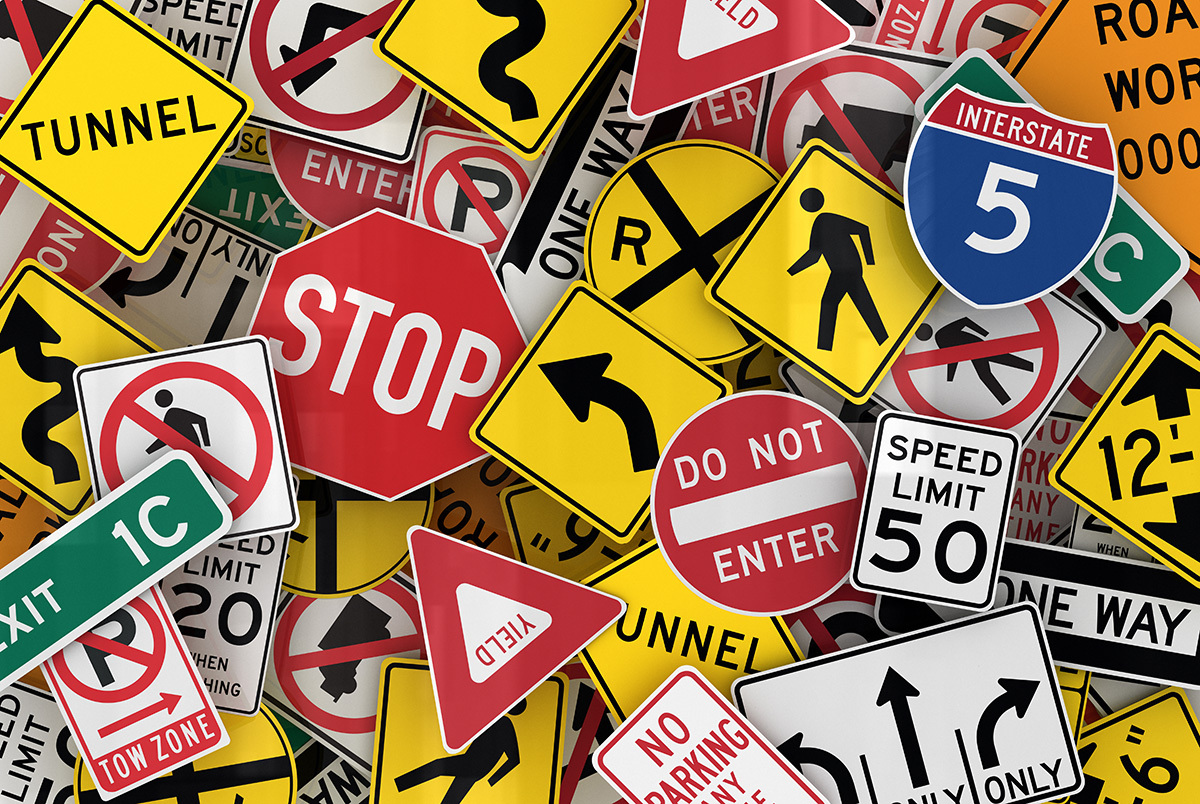The Seven Warning Signs You Have Too Much Debt
At Beyond Finance, we hear countless stories of hard-working Americans having too much debt.
No matter what you do, you can’t escape the downward spiral. There is an option that thousands of people have used to rescue them from the crippling hassle of all those collection calls – becoming a Beyond Finance client.
Yet, as you walk that arduous journey of personal finance, there are road signs you’ve been ignoring. That cycle of debt is real, but did you know that cycle will never stop unless you stop pedaling?
What do we mean? Those road signs along the way to assessing your debt level and mental health related to personal finance need to be heeded. Do you know the warning signs that you have too much debt? If you did understand those signs, would you know what to do? Good thing you’re here because the key codes to tell-tale signs of having too much debt are below.
If a free assessment of your debt would help you understand, do it. You’re done in less than five minutes. If you want to learn something, write these signs down or bookmark the Beyond Finance blog.
Let’s find out what it means to have “too much debt.”
1. Unbalanced Debt-to-Income Ratio
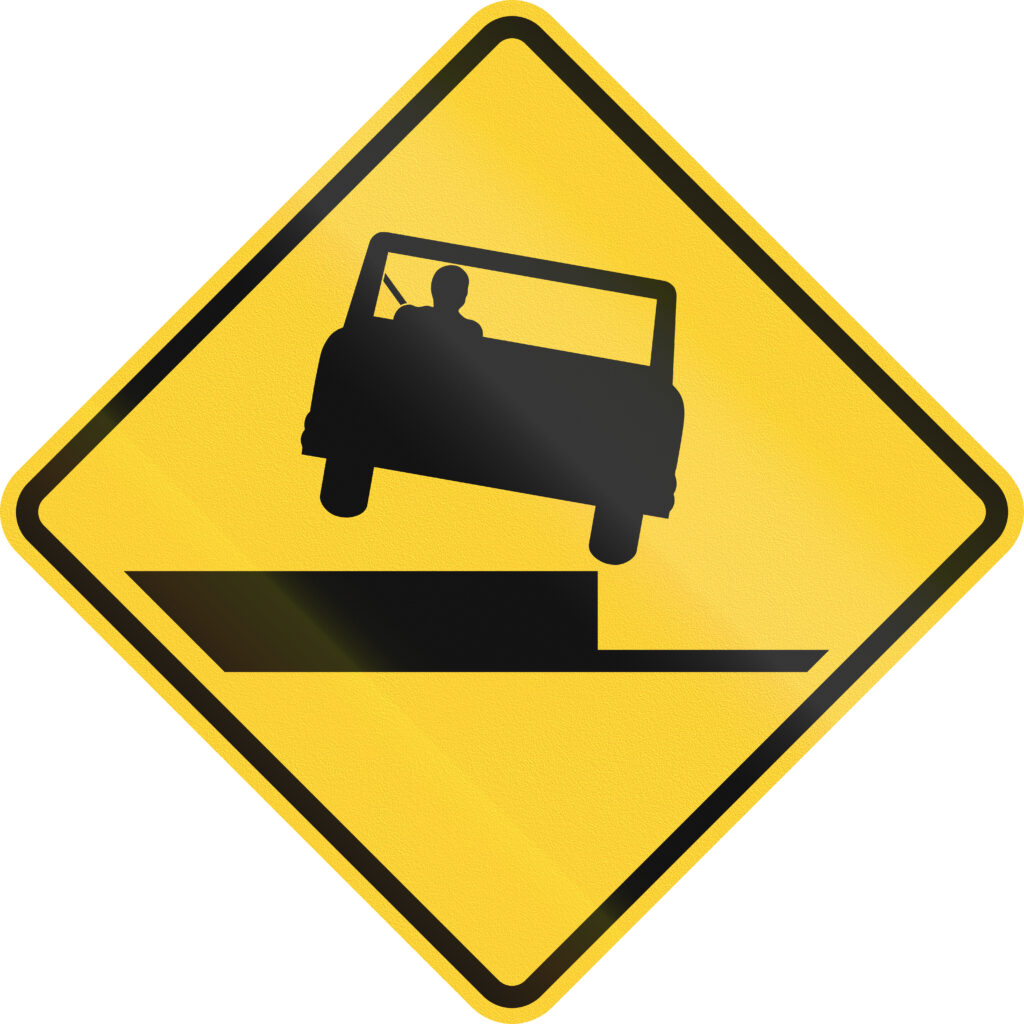
Usually, a “debt-to-income” ratio is something you learn about in a program, like we offer thousands of Americans across the country. It means you carry more debt than what your income provides you to pay back. Credit card companies call that “a risk” to lend you what you need to get out of any situation.
Credit is “borrowing,” it’s not giving. And if you get behind on payments, all you can do is keep borrowing until there is nothing left to use. Then what happens? You get scared, and your health could take a severe hit. You may already be there. Are you losing sleep? Have you lost your appetite? What happens when the phone rings?
It’s time to stop borrowing and start paying–one dollar at a time does make a difference.
2. No Savings Account
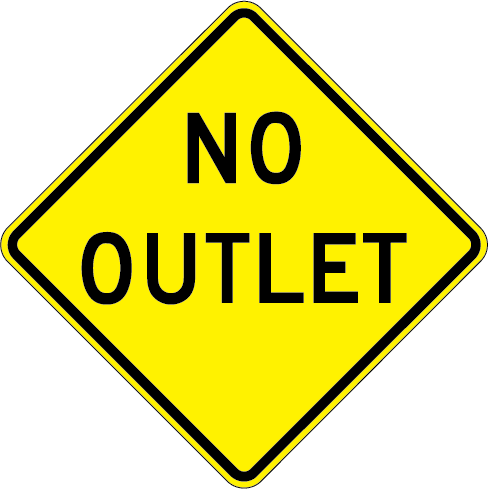
Who has money to save these days, right? Milk costs more than gas. The price of everything is going up, up, and away. And you are wondering if it’s frozen corn dogs or soup for dinner. Having too much debt can be painful. What hurts even more, is when you have no reserves to help.
Life happens. Maybe it was a job loss, or the car broke down? Perhaps, it was that unexpected trip to the hospital or a loan that got to be too expensive? It would be best to have every dollar you can get to survive.
If that sounds familiar, know that you are not alone. The sign for this common issue is nothing but a nasty reminder, but if you drive by it, you may miss the off-ramp to do something about it.
3. Your Money Blows Away
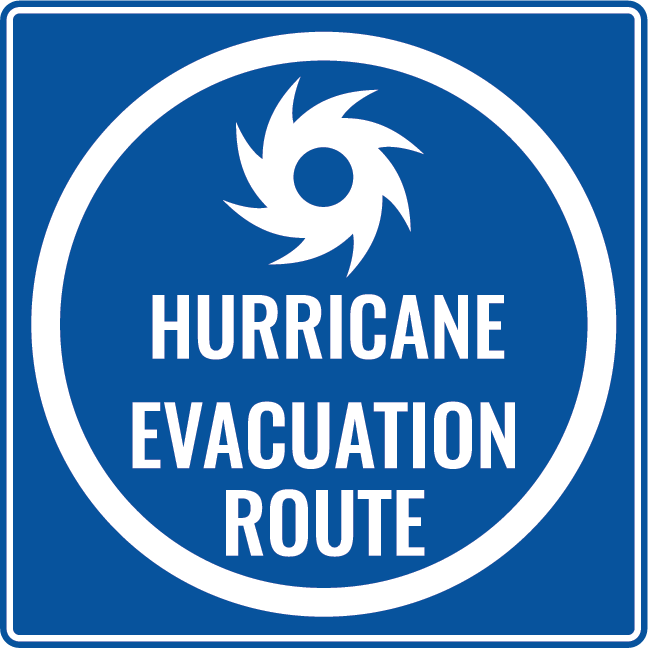
Have you ever had to borrow money to pay back the money you already borrowed? Payback gets more difficult from family to credit card bills as long as you wait.
If you have too much debt, it doesn’t matter how much you borrow to pay something down or off.
The stress never leaves. The fear only grows. And you’re left wondering, “Who else can I ask?” or “Where else can I go?” If you are running low on places to borrow money or couch cushions to search under, you may want to consider calling for help.
4. Nothing But Fees
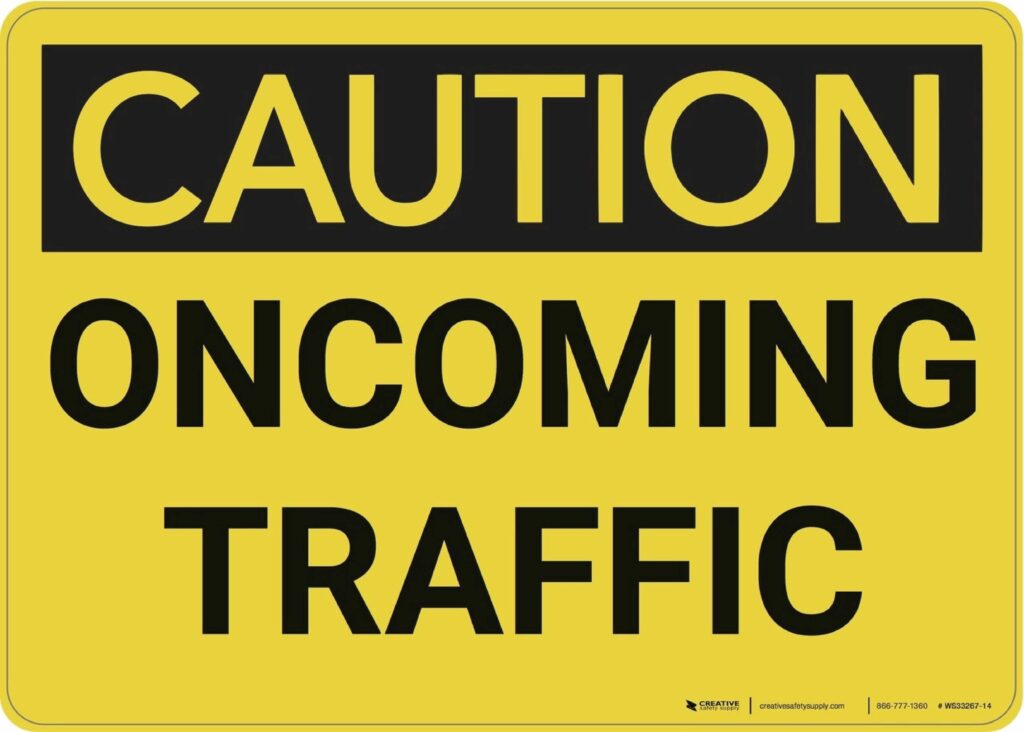
This is where not reading all that small print comes back to haunt most Americans who use credit cards. If you miss a payment, you are punished with a fee. The same thing happens when you bounce a check or withdraw more money than you have in your account. Fees, fees, and more fees.
Then, when you get too many fees, that leads to higher interest, so the debt cycle keeps spinning. If you’re only making minimum payments, you feel trapped by fees and late payments. You borrowed the money, so they want you to pay it back.
If that’s you, consider paying one bill at a time. Call your creditors, but pay one at a time. Then, use the money from the bill you just paid off and go toward the next one. It’s a strategy called “debt snowball” or “debt avalanche.” Either one is fine. Just be sure you know how to ski first.
5. Stopped Looking at Bills
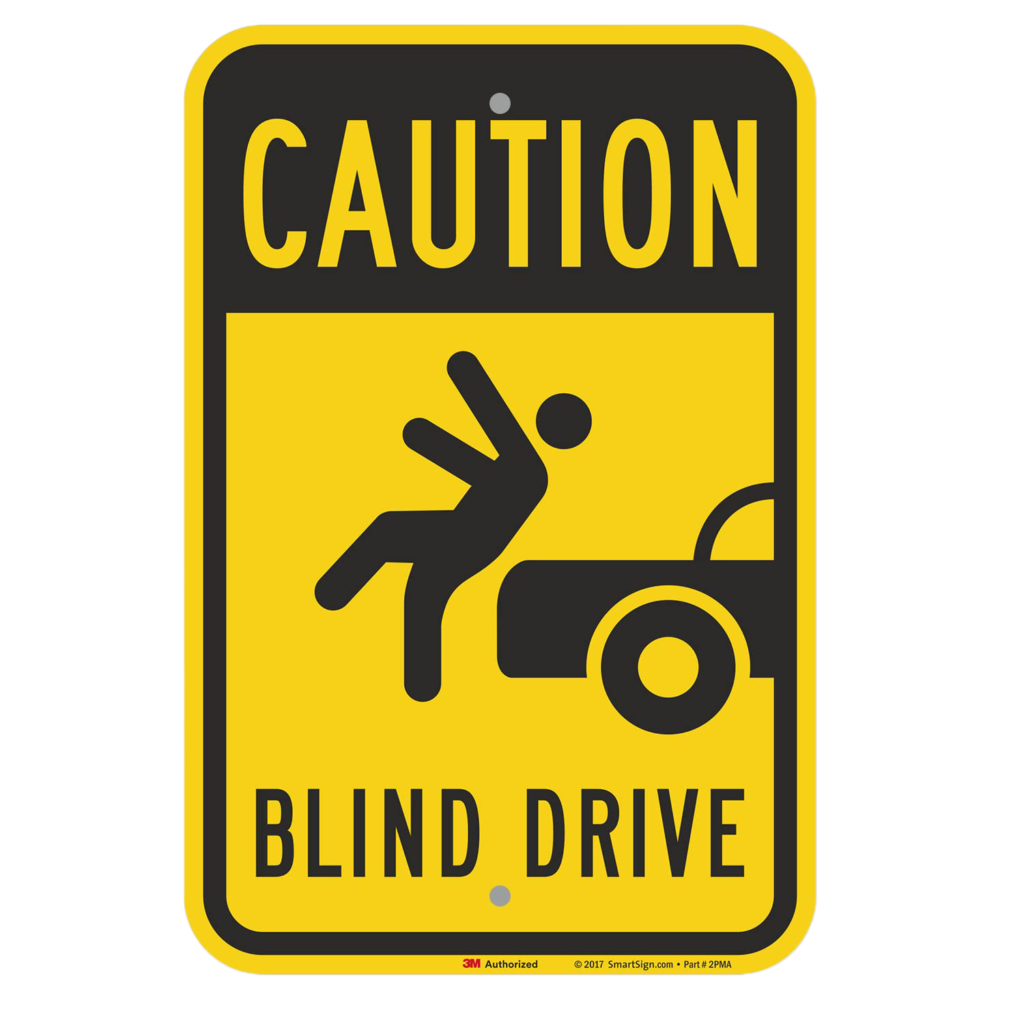
This is usually one of the first signs to show people they have too much debt. When those bills come in the mail, you experience acute financial stress (yes, it’s a thing) that manifests in the form of worry and fear.
Bills can scare anyone because they serve as reminders of what you owe–and can’t pay back.
The problem is ignoring bills leads to receiving late fees. Too many of those fees, and your credit could drop. And if that happens, the picture gets bleaker from there. It’s not too late. You can get through this, whether by yourself or with help.
6. Never Ending Circle of Collection Calls
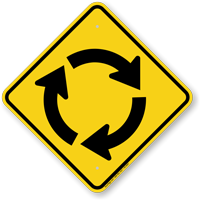
Almost everyone who has struggled with debt at one time or another has been here. The phone rings, and one of three things happens:
- Walk out of the room so you won’t have to hear it.
- Yell or throw out every cuss word you know.
- Unplug the phone or just turn it completely off.
As satisfying as one of those will feel for a brief second, the joy lasts only until the next call comes. What do you do then? Get upset? Cry? You should pick up the phone, or that cycle never ends.
You can try to negotiate with them. Explain the situation, but be willing to pay something during that call. Grit your teeth and get through the call. And, if that doesn’t work, you can always call a friend (that’s us).
7. No Hope in Sight
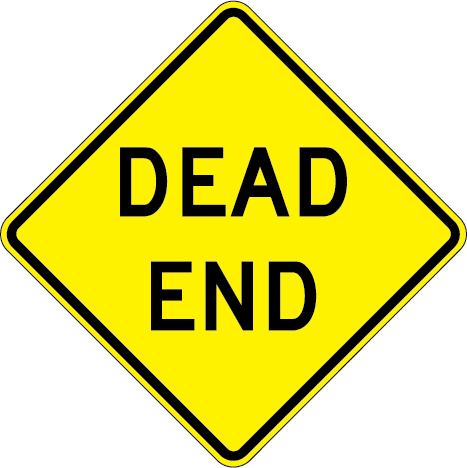
One of the challenges of helping people with too much debt is hearing about the hopelessness of our clients. Stories are unique to everyone, but the one universal truth is we can all feel like we have reached a dead end financially.
That’s also one of the best things about reaching down and yanking someone out of debt–the dead end always disappears, and hope is restored. Yes, it’s a process. But, what keeps clients active is knowing where the finish line is located. If you are committed, working with us or on your own, you will get out of debt and leave it all behind!
Fortunately, that last sign is a mirage because there is hope. Beyond Finance can walk you through each step of this journey to get out of “too much debt.” It hurts, and it’s nearly crippling. We understand, but it doesn’t have to always feel like it. If you have five minutes, fill out a personal assessment to gauge your debt level, and we will do the rest to help move you beyond debt!
